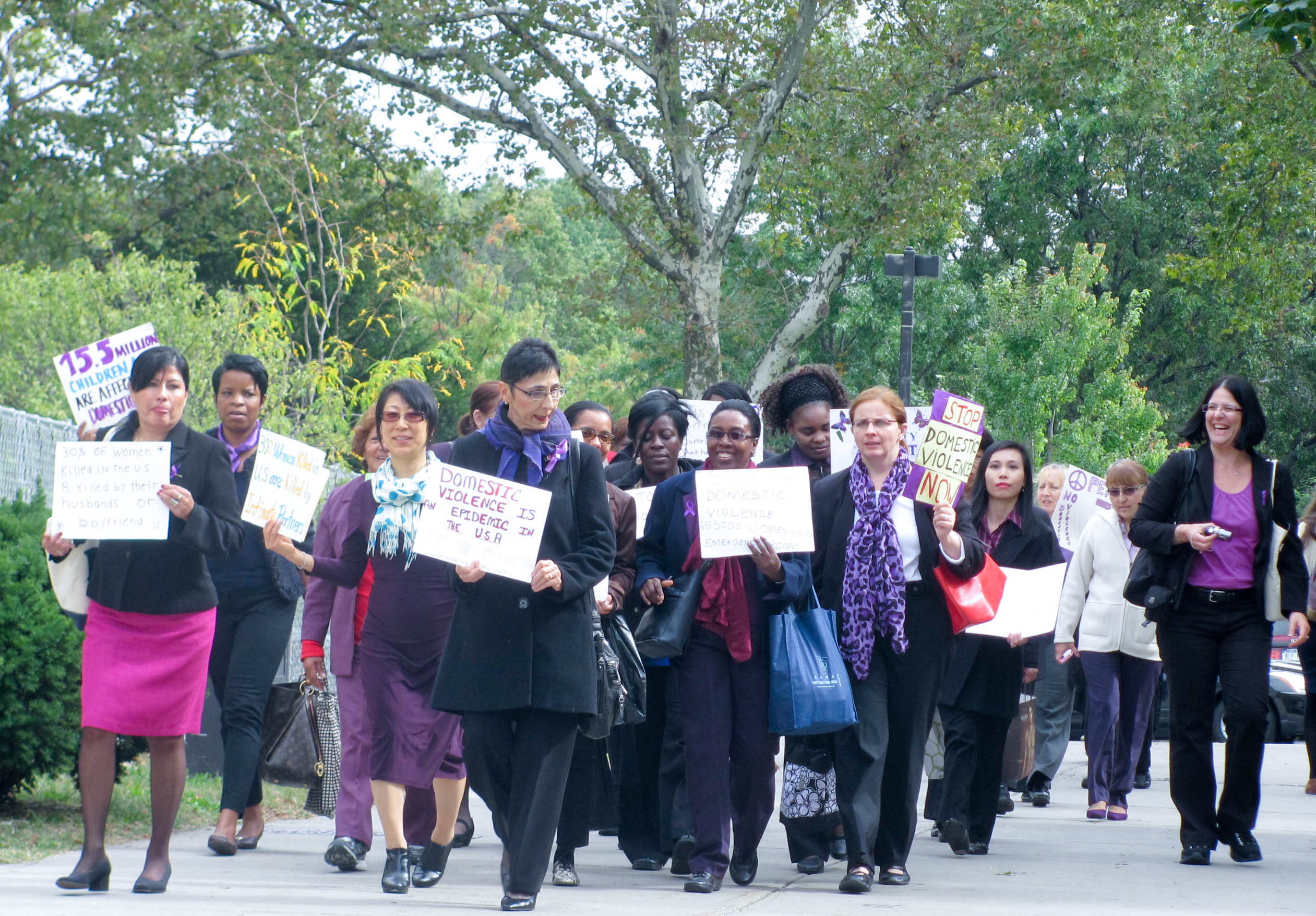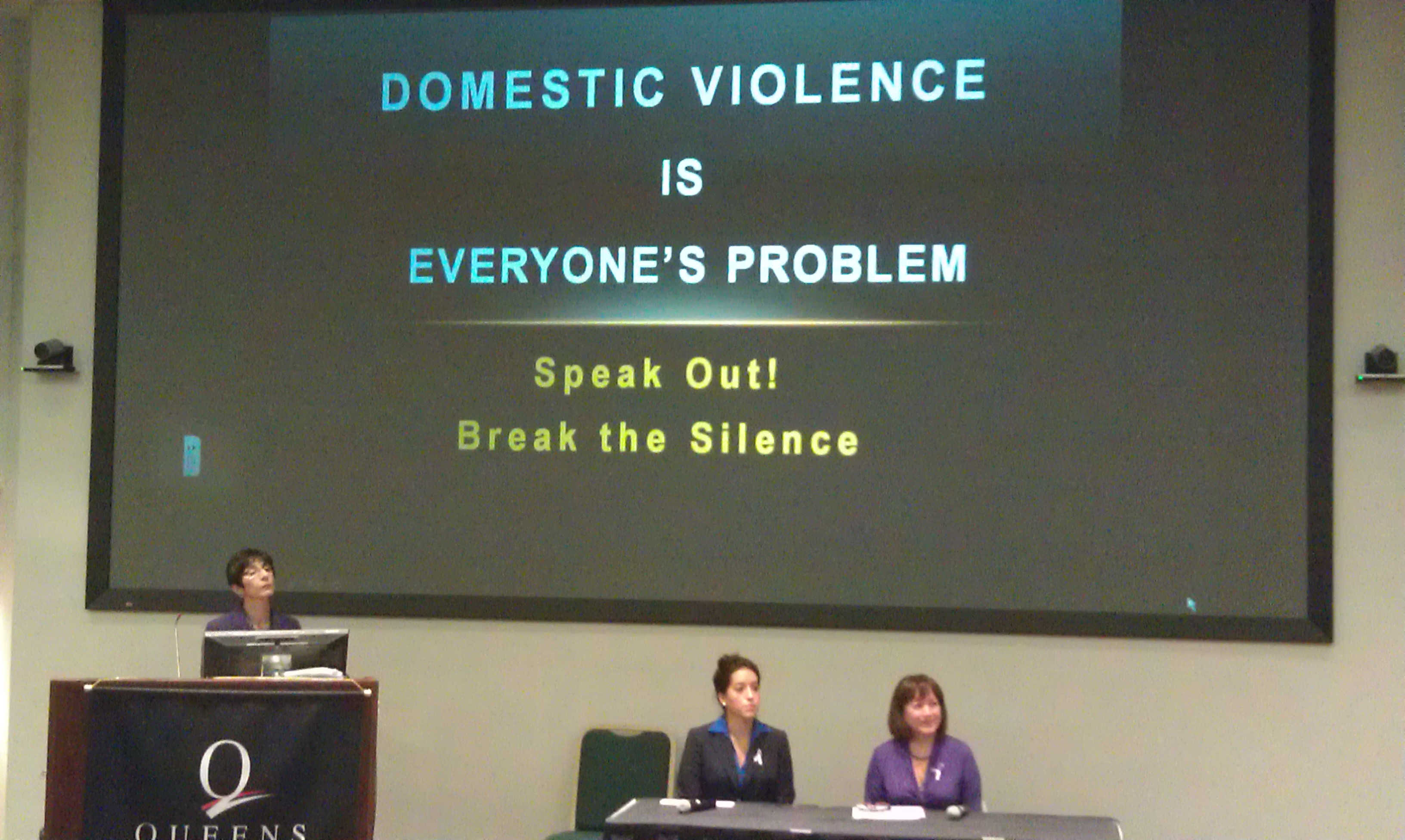Over the past years, the severity of domestic violence has finally been grasped by society. The transition of the understanding of domestic violence from household conflict to serious crime can be attributed to the Violence Against Women Act (VAWA). The VAWA has been praised for its role in protecting victims and ensuring that abusers are punished. It ensures domestic violence crimes are properly investigated and implements mandatory arrest. Mandatory arrest means that a police officer is required to make an arrest when responding to a domestic violence dispute without a warrant or having witnessed the crime. This policy is to ensure that domestic violence crimes are not ignored. But could this very policy meant to protect victims be detrimental in the long run?
From the passing of the VAWA in 1994, the main goal of mandatory arrest is to ensure the victim’s safety and properly punish the abuser. The secondary goal is to deter future abusers. Mandatory arrest was meant to decrease the rate of re-committed violence with the threat of arrest. Surprisingly, the third goal of this policy was to protect the liability of police officers. The 1984 court case Thurman v. City of Torrington established the right to police protection from domestic violence. As a result, police officers can be held accountable if they do not interfere. To avoid this, local law enforcement implement mandatory arrest, which requires there be an arrest. While the mandatory arrest policy was made to protect domestic violence victims, it has hurt those it was meant to protect by discouraging victims from reporting their abusers.According to the American Bar Association Commission on Domestic Violence, 21
According to the American Bar Association Commission on Domestic Violence, 21 states have mandatory arrest laws for domestic violence assault. New York is one of those states. As benevolent as mandatory arrest may appear, it has had unintended consequences over the years. One of those is the dual arrest policy. When officers arresting both victim and abuser because they cannot distinguish who is the primary aggressor and would rather let the court decide who is guilty. The prevalence of dual arrest has led to decreased reporting, which can lead to escalation of violence. Radha Iyengar, a fellow in health policy research at Harvard, found that states with mandatory arrest laws saw a 60% increase in intimate partner homicide. A study by the National Crime Justice Research Service found that when females offend, officers were three times more likely to arrest both people. This highlights the lack of training of local law enforcement to deal with domestic disputes. It has made victims reluctant to call for help for fear of being arrested alongside with their abuser. Unfortunately, mandatory arrest cannot guarantee to deter future abusers for all. In 2013, the International Journal of Human Sciences found that in cases of unmarried and unemployed couples, mandatory arrest makes abusers more violent after the first arrest. Mandatory arrest does not reduce offenses, but rather reduce reports of abuse.There are numerous alternatives to mandatory arrest that do not require an arrest be
There are numerous alternatives to mandatory arrest that do not require an arrest be made. Policies such as discretionary arrest leave it up to the police officer whether to arrest or not. If mandatory arrest has taught us anything, it is that the threat of arrest is not an efficient response to domestic violence. It creates fear and distrust among victims, who think that reporting their abuser might get them arrested also. It is also a poor countermeasure to a problem as complex as domestic abuse.
Giselle Cornejo is a sophomore at Baruch College.













